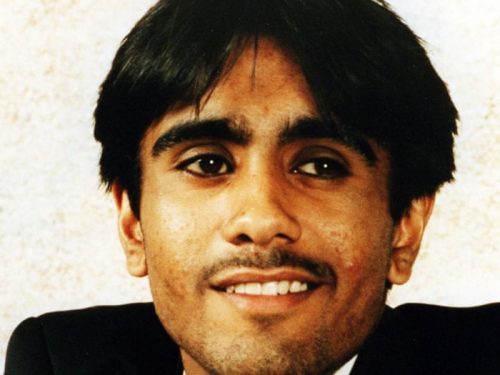
Ahead of his latest release, “Cold Pursuit,” Hollywood superstar Liam Neeson’s admission to wanting to once kill any random black man as revenge for his friend’s rape, in the middle of Black History Month, has once again raised questions surrounding so-called white privilege and the perception of a person of colour. When asked by a journalist, how he had prepared himself for his new role, that of a father seeking revenge for the death of his child, Neeson narrated his real-life story of how he was overcome by anger of a friend’s rape by a black person, thus prompting his urge to want to hurt any black man. In wanting to clarify his statement further, he claimed on an interview with Good Morning America, that he was mortified by his own thoughts during that one week of rage over forty years ago and denied harbouring any views of racisms.
Social media was filled with a mixture of responses, ranging from tones of anger to voices of reason and praise for admitting his faults. Legendary footballer John Barnes, who just recently appeared in an ITV documentary that investigated racism within the football world, also went on to share words of support, claiming this was another example of how easily black and ethnic minorities are compartmentalised by society. “Give him a medal,” Barnes quoted on Sky TV.
So this is what it has come to — let’s reward all those who had the “courage” to not just stand up and confess to inciting hate, but actually used that emotion to go out on the streets in the hope of causing harm to someone who may just look like they deserved it. By admitting that, in the heat of the moment he “visited black areas in the city looking to be set upon so that I could unleash physical violence,” cements the truth of the vulnerability our skin colour holds. Colour, is a variable that can be seen — it’s sadly the easiest way in which we can be divided out. Whether I am a Hindu or a Muslim, it doesn’t stop an ignorant racist to shout out “Go home Paki!” even though I am home.
[Read Related: An Interview With the Cast of ‘Gul Makai’ – Malala Yousafzai’s Biopic Film]
Post 9/11 in New York and the 7/7 attacks in London, countless stories arose of South Asian men and women targeted in race hate attacks simply on the basis of appearance and attire. Following the decision to leave the European Union in 2016, a new wave of nationalism swept the U.K., fuelling the excuse for extremists to target anyone who looked like they didn’t belong. in October 2017, post the Westminster terror attack in London, the BBC reported that that 78% of hate crimes were those related to race.
Neeson’s apparent week of racism is a classic example of how perception is bourne from a conditionalised mindset. Our surroundings, communities and exposure to media, make up how we view certain groups of people and determines our behaviour amongst them. Assuming that a predominantly black area would be the location to find a random victim who fitted the personality of a rapist, echoes irresponsible stereotypes of towns such as Bradford and Luton being made up of terrorists purely because of the number of Muslim residents residing in these towns.
Celebrities galore are bending over backwards in solidarity to claim that Neeson is not a racist, and the opening week of his film which brought in $11 million dollars represents his fan base remain faithful. Neeson’s free pass, however, can not conceal the fact, that in that entire week, there was every possibility that someone COULD have got killed, an innocent bystander at the wrong time and in the wrong place COULD have quite easily lost their life.
Which is exactly what happened to 18-year-old Londoner Stephen Lawrence and 16-year-old Ricky Reel, who were both brutally murdered in alleged random race hate crimes in 1993 and 1997 respectively. In one of the most high profile murder cases in the U.K. Lawrence’s mum spent 25 years seeking justice. Can footballer Barnes look at this woman in the eye and still stand by his words?

Just as Muslim women in burkhas still face abuse and even mockery by the likes of MP Boris Johnson, my Sikh great-uncle was brutally murdered during the Indian-Pakistan partition over 70 years ago — his turban and long hair cost him his life. Neeson’s admission is neither a new awakening nor is it a celebration of how brave and courageous he is. This a real and dangerous reminder of what our truth is.




